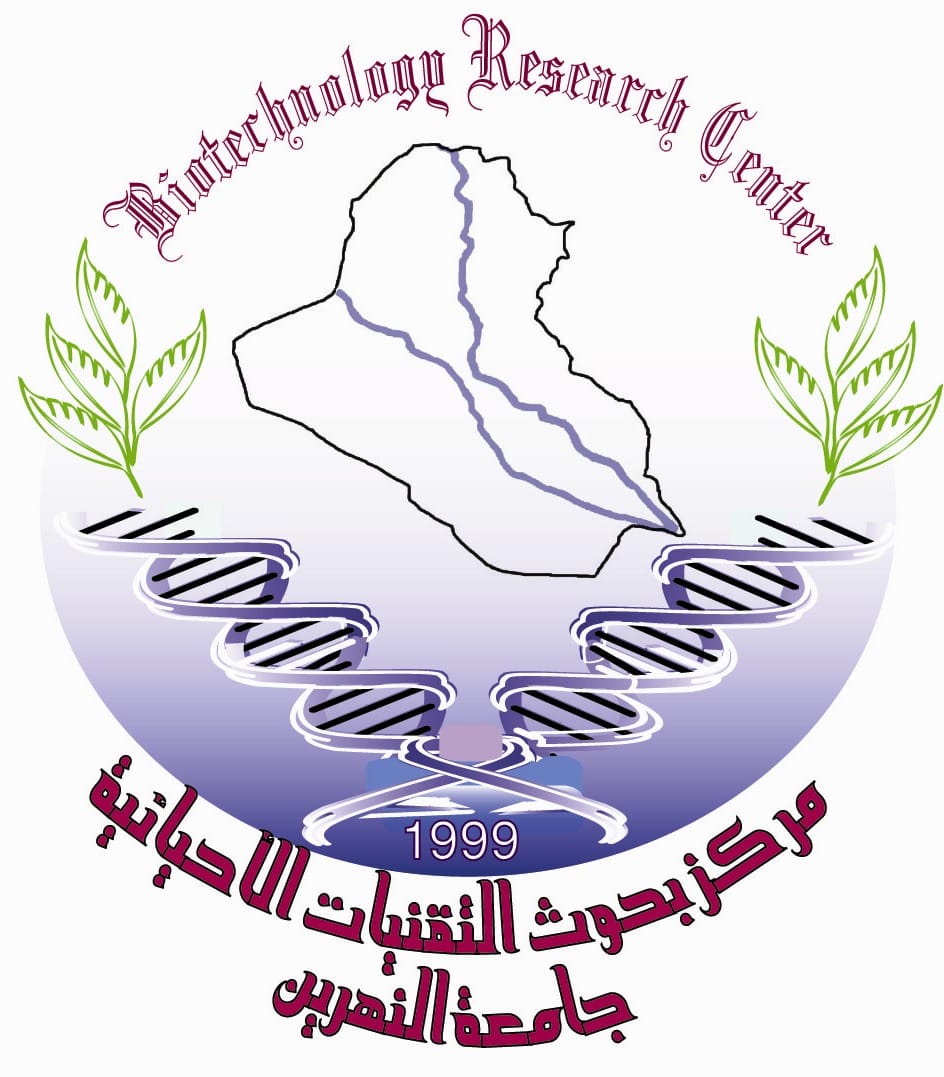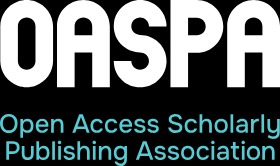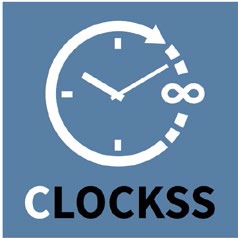Short-term culture for acute myeloid leukemia blast cells
DOI:
https://doi.org/10.24126/jobrc.2010.4.1.81Abstract
This study was carried out to separate acute myeloid leukemia (AML) blast cells and studies their proliferation in short-term culture. The separation procedure include three steps; Ficoll gradient separation, depletion of macrophages and depletion of (lymphocytes and of monocytes) for preparation of highly pure native AML blast cells from blood samples collected from patients with moderate blast percentage. Results showed that this procedure is an inefficient due to a decrease in total cell number and contamination with other cells after each separation step. Proliferation of native AML blast cells in short term-culture by cultivating isolated AML blast cells in RPMI medium supplemented with 20% human plasma at a concentration 1×106/ml in the presence and absence of colony -stimulating factor which was provided by conditioned media (PHA-leucocytes-, plasmacytoma cell line- and Hep-2 conditioned medium. The effect of each conditioned medium on proliferation of AML blast cells was studied separately. Results showed that plasmacytoma cell line conditioned medium didnot stimulate the proliferation of native AML blast cells, while cells seeded on media containing 10%PHA-LCM showed an increase in cell number and growth of the cells was observed for approximately 3 days and then decreased.
Downloads
Published
How to Cite
Issue
Section
License
This is an Open Access article distributed under the terms of the creative commons Attribution (CC BY) 4.0 license which permits unrestricted use, distribution, and reproduction in any medium or format, and to alter, transform, or build upon the material, including for commercial use, providing the original author is credited.











